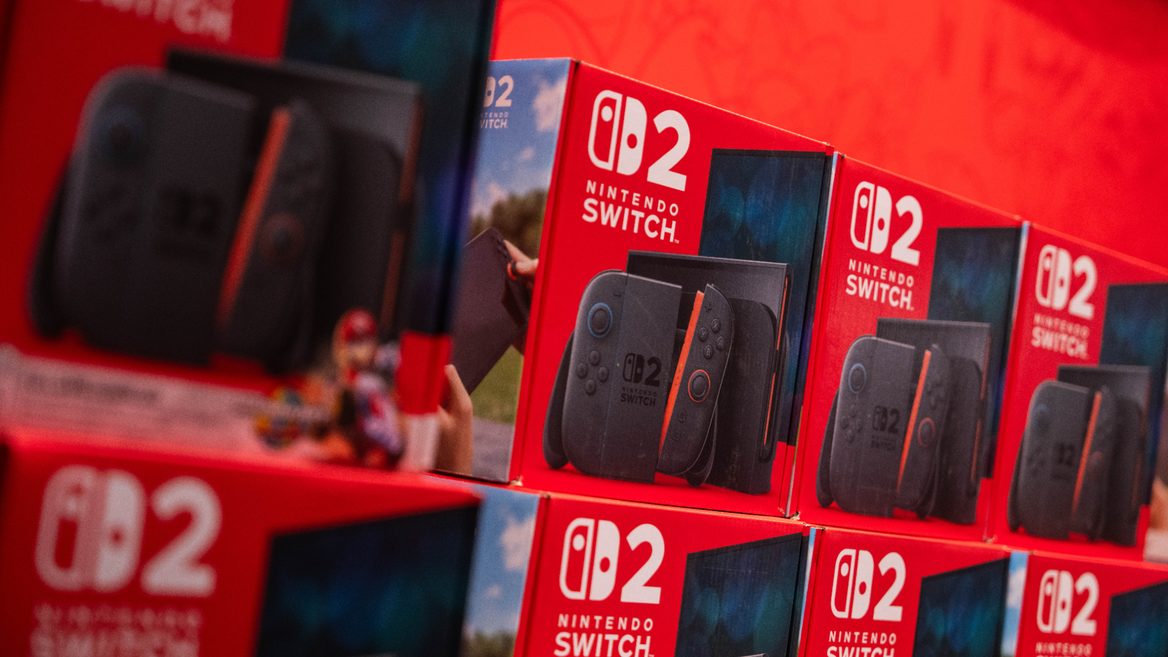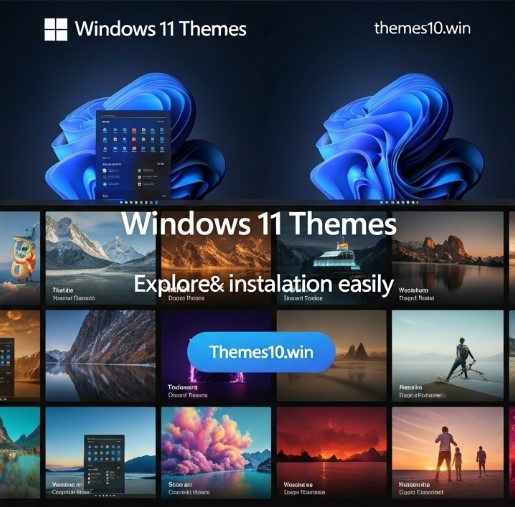The recent incident involving a Nintendo Switch 2 owner banned for using second-hand games raises important questions about the future of second-hand gaming. As consumers increasingly turn to platforms like Facebook Marketplace for affordable games, the risk of bans due to piracy detection makes many gamers think twice. So, what does this mean for the market moving forward?
Let’s break it down. Buying second-hand games has always been a bit of a gamble. You might snag a sweet deal on a title, but there’s always that nagging worry about whether the game is legit. In the case of the Switch 2, a user found themselves banned for trying to enjoy games they legitimately purchased. That’s a harsh wake-up call, and it’s got a lot of folks reconsidering their next purchase.
The Risk of Second-Hand Sales
What’s wild is that the thrill of hunting for games can quickly turn into anxiety. You buy a used game, excited to dive in, only to find out that it’s been patched or pirated. Nintendo’s strict anti-piracy policies mean they’re not just watching for illegal downloads; they’re also keeping an eye on second-hand sales. If they detect a game that’s been tampered with, you could find yourself locked out of online services. Talk about a buzzkill!
Imagine this: you’ve just scored a rare title at a fraction of the retail price, and then—boom!—you’re hit with a ban. You’re left wondering if that deal was worth the risk. It’s a tricky landscape for gamers who want to save money without sacrificing their access to online features and updates.
Changing Consumer Behavior
Here’s the part that surprised me: many gamers are now rethinking their approach to second-hand purchases. Some are opting for digital downloads instead, where the risk of encountering counterfeit games is eliminated. But that comes with its own drawbacks, like being tied to a specific console and not having the ability to resell.
As the gaming industry evolves, we might see a shift toward more robust systems for verifying the legitimacy of second-hand games. Companies could implement new technologies that ensure games are genuine before they’re played on consoles. Imagine a world where you could buy a used game and scan a QR code to verify its authenticity before even inserting it into your Switch 2. That would be a game changer—literally!
Navigating the Future
It’s clear that the landscape of second-hand gaming is shifting. With more gamers aware of the risks and the potential for bans, the demand for reliable verification systems might push the industry to adapt. We could see platforms emerge that specialize in vetting used games, much like how some websites authenticate designer handbags.
But for now, it’s a bit of a wait-and-see game. As consumers, we’ll have to stay informed and cautious while navigating this evolving market. The thrill of finding a great deal will always be enticing, but we need to keep our eyes peeled to avoid the pitfalls of purchasing second-hand games. After all, no one wants to miss out on their favorite titles because they took a chance on a questionable buy.
In the end, it’s about finding that balance between saving money and enjoying a worry-free gaming experience. So, the next time you’re eyeing a used game, remember to do your homework first. Your Switch 2 will thank you for it!


